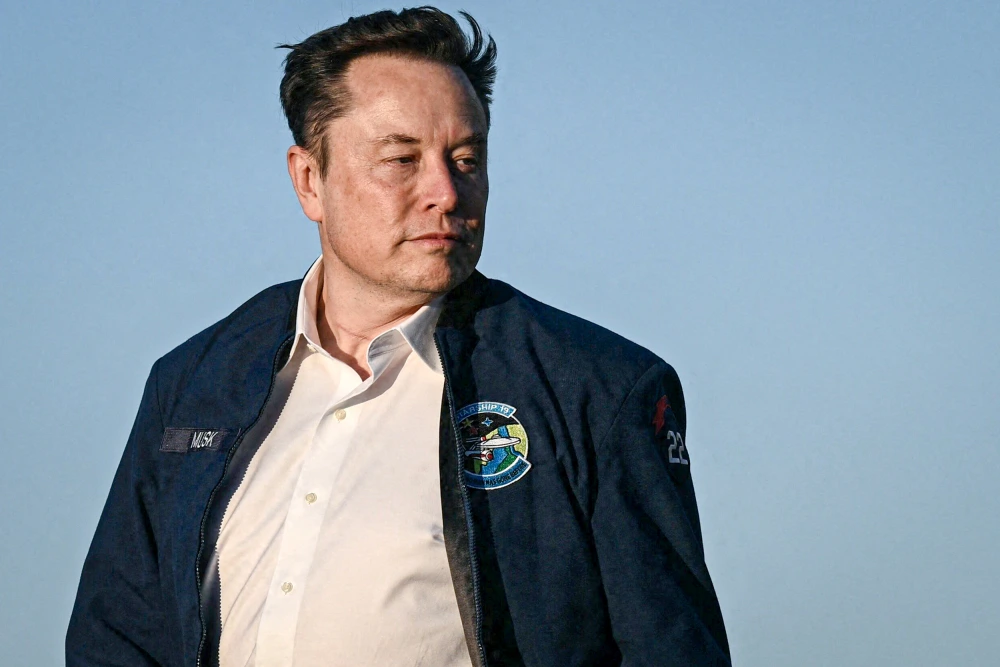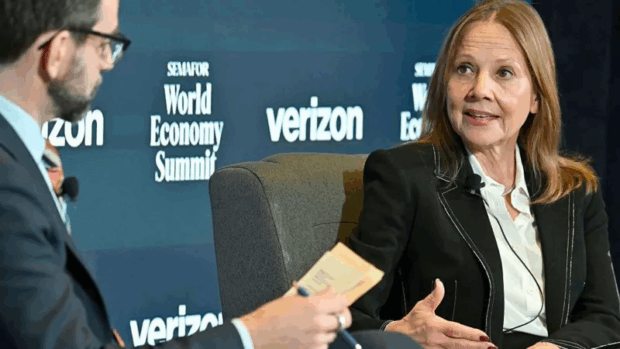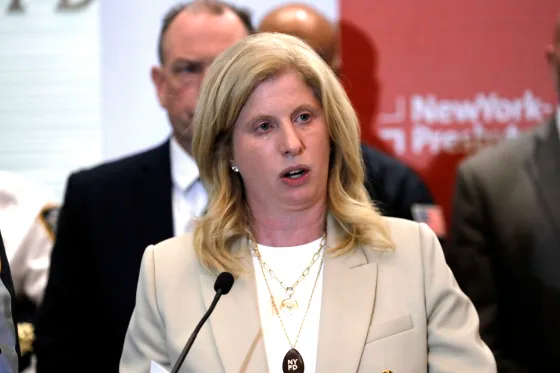
President Donald Trump’s recent election executive order has positioned his administration for extended battles over citizenship proof, executive branch authority, and federal election law. Within this order lies a less-noticed directive: assigning Elon Musk’s Department of Government Efficiency (DOGE) to investigate voter fraud.
The order instructs the Department of Homeland Security to collaborate with DOGE in reviewing states’ “publicly available voter registration list and available records concerning voter list maintenance activities,” comparing them against federal and state records to identify noncitizen voter fraud—an illegal but rare occurrence.
This ambitious undertaking mirrors Trump’s previous efforts. During his first term, a voting integrity commission led by then-Vice President Mike Pence and then-Kansas Secretary of State Kris Kobach attempted to create a national voter file in 2017.
That initiative failed when 44 states and the District of Columbia refused to share at least some data, citing privacy concerns and questioning a federal commission’s authority to examine voter information despite minimal evidence of fraud.
Even Republican state officials forcefully rejected the request. “They can go jump in the Gulf of Mexico, and Mississippi is a great state to launch from,” said then-Mississippi Secretary of State Delbert Hosemann, a Republican. The commission eventually disbanded without finding evidence of widespread fraud.
This experience could serve as a warning for DOGE’s similar mission.
“The Pence-Kobach commission ran into a bunch of political resistance—but also legal resistance—whether it had the power to assemble a national voter file, and the answer was no. They never got a ruling on that from the courts, because enough secretaries of state said, ‘Over my dead body,'” recalled Justin Levitt, a constitutional law scholar at Loyola Law School and former Biden administration voting rights adviser.
In this iteration, Trump appears to be equipping his team with stronger enforcement tools, including the use of “subpoenas where necessary and authorized by law” and suggesting withholding law enforcement grants from states unwilling to share information about potential election law violations.
“I definitely see similarities, with the possibility of a lot more damage this time around,” warned Charles Stewart III, an MIT professor specializing in elections. He cautioned that DOGE might process inadequate data and produce inaccurate fraud claims.
“States must release their voter lists to the public under the NVRA, the National Voter Registration Act. But states vary in what they release, and what they release to the public makes it difficult—if not impossible—to have high-quality matches to other databases,” Stewart explained. “Now you’re left with amateurs in this business doing data matches.”
Comparing datasets from different states that weren’t designed to align with other states’ data or federal immigration records could result in millions of false matches and unsubstantiated fraud allegations.
“The amount of just chaos that’s going to ensue because of terrible cross-state matches is going to be, I think, could be mind-boggling,” Stewart added.
The White House declined further comment beyond their released fact sheet.
Democratic state election officials have expressed familiar concerns.
“It sounds a lot like 2017 with the Pence-Kobach commission,” said Minnesota Secretary of State Steve Simon, a Democrat. “And Minnesota was one of many states that declined the request for data because there’s private information in there on people that shouldn’t be shared, that they don’t want shared, that they didn’t know when they signed up or registered to vote would be shared.”
Simon voiced concerns about the Trump team’s intentions, particularly after the executive order, which he said could make democracy an “obstacle course,” and feared states might be “bullied” into providing voter data.
Simon also highlighted limitations in the publicly available data. “For $46, you can get voter files in Minnesota, but there’s a lot of data you don’t get with that,” he explained. “Political campaigns do it all the time. You get the year of birth, but not the date of birth. You don’t get things like personal, identifying information.”
Maine Secretary of State Shenna Bellows, a Democrat running for governor, also objected: “It is a huge violation of our citizens’ privacy to suggest that DOGE or the federal government should have any right to access private information held by the states, especially when DOGE has such an abysmal record of keeping data safe.”
Bellows further noted the frustration of seeing this initiative after the Trump administration cut funding for election cybersecurity.
“The Trump administration and Elon Musk have eliminated all funding for these actual election security measures that worked in 2024 in all 50 states,” she said. “This executive order is the opposite of security in that it compromises citizen privacy and threatens to take away vital local law enforcement funding that would keep our election safe.”

















Be the first to leave a comment